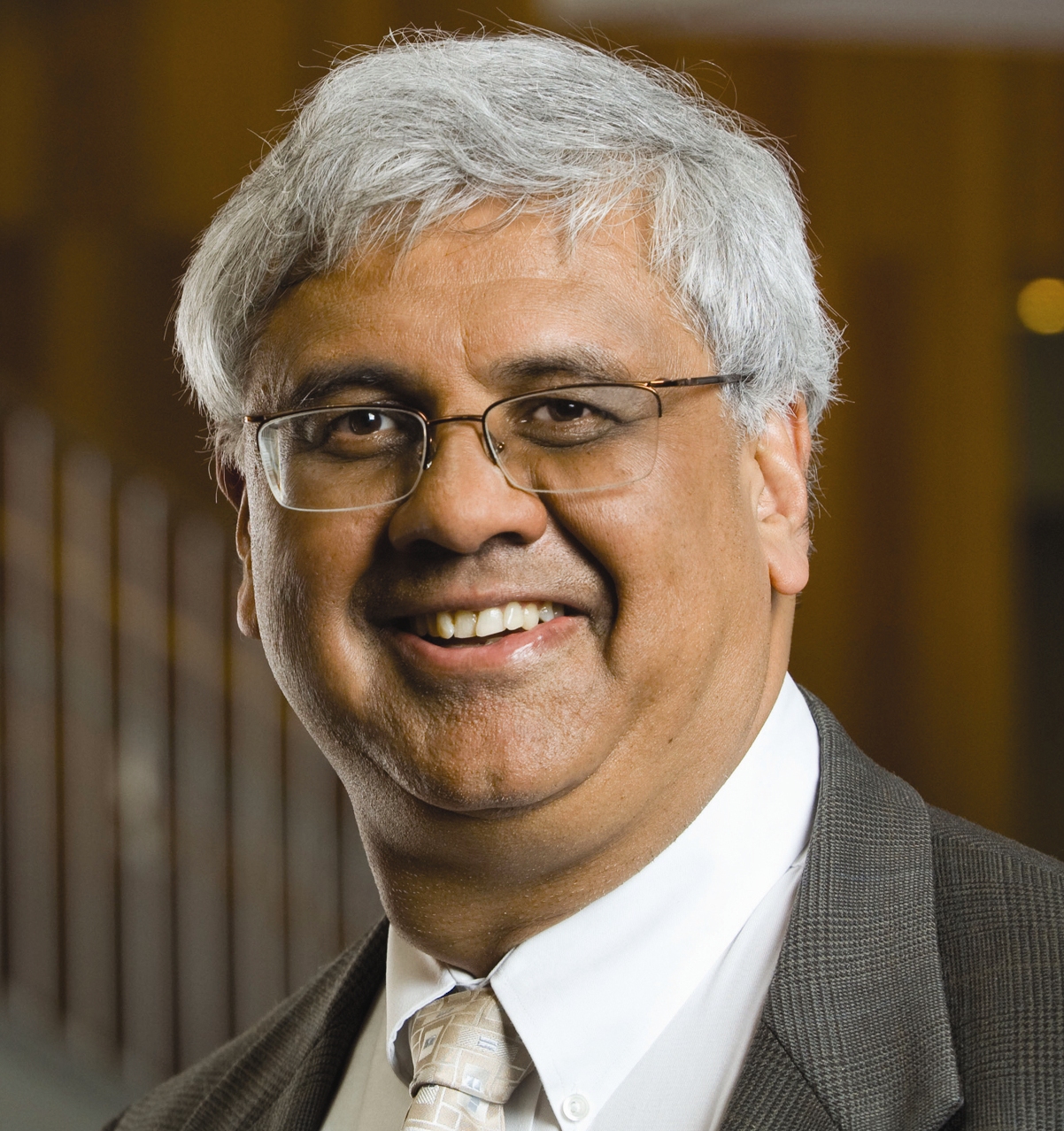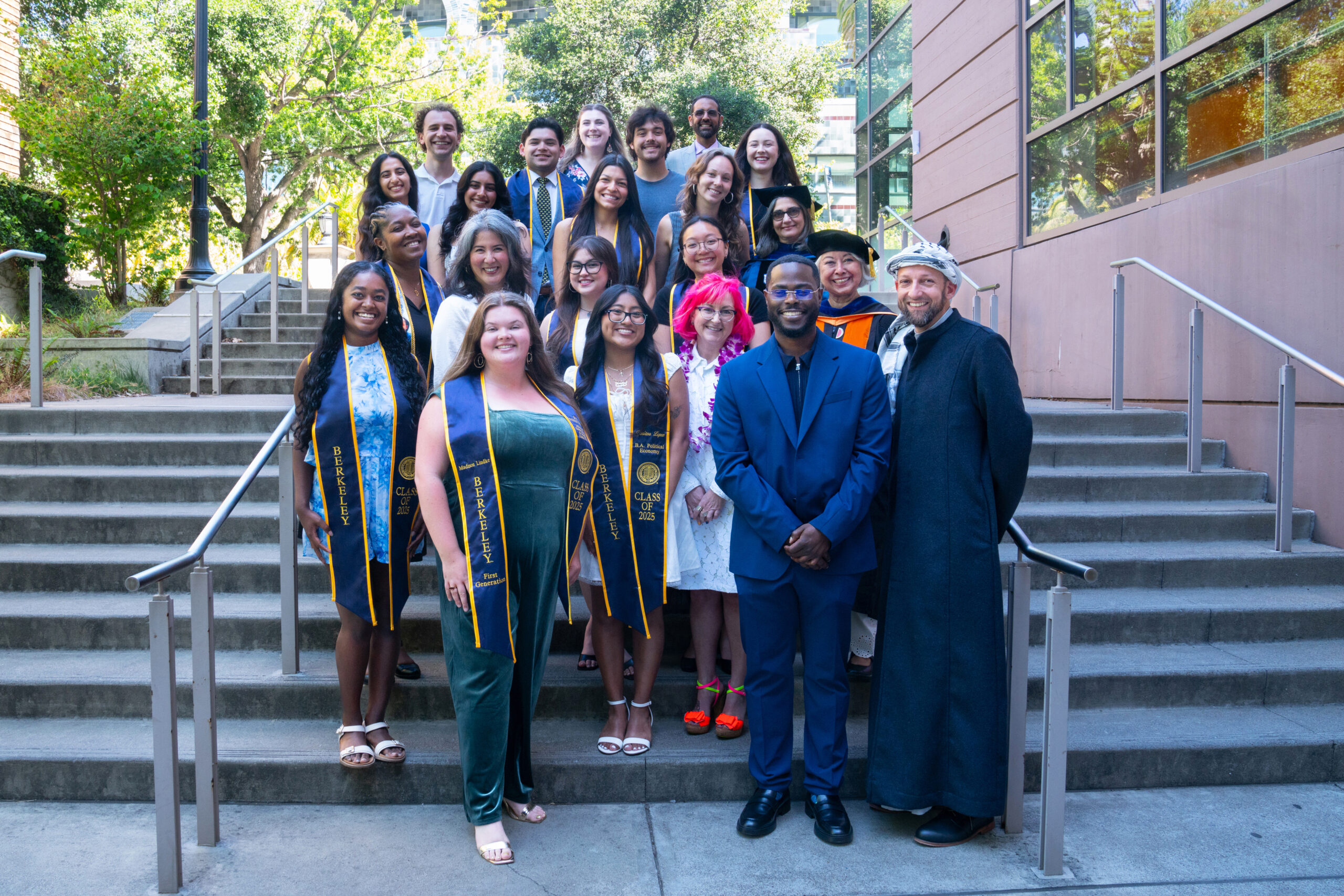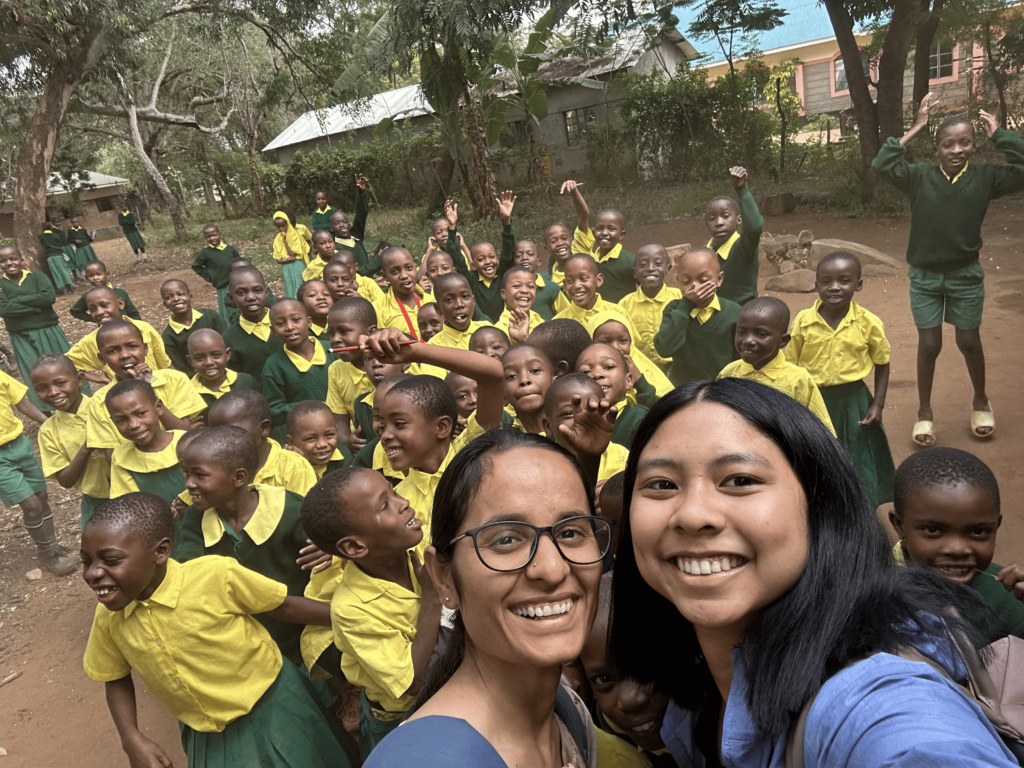Higher education is having a disruption moment. Not so much in the sense that universities will no longer be physical places where professors instruct students—as has been the case since 859 when Fatima al-Fihri founded the University of Al-Qarawiyyan, which became the world’s first higher education institution to award degrees in mathematics, grammar, and medicine. No, higher education is in a period of intense transformation due to the increasing pace of new advances in STEM (Science, Technology, Engineering, and Mathematics)—and the way the fields mutually reinforce each other to transform and advance society.
Why are we at a STEM moment? To put it simply, these four fields have done more to generate economic growth, advance scientific innovation, and create jobs than many others. Mind you, I do not think STEM inventions have been free of negative consequences. However, many of the beneficial technological advances of the decade plus—mobile phones, GPS, the Cloud, CRISPR, generative adversarial networks, machine learning, AI-based predictive analytics, electric vehicles, chatbots, and mass production of solar arrays—have originated in STEM fields.
Yet with each passing year it becomes obvious that the STEM fields need far tighter integration with the social sciences, arts, and humanities, especially for graduates focused on local and global challenges and seeking to advance socioeconomic mobility, jobs and sustainable manufacturing, and access to clean water and affordable health care. As Kofi Annan so eloquently said, “Education is a human right with immense power to transform. On its foundation rest the cornerstones of freedom, democracy, and sustainable human development.”
With this in mind, we at the Blum Center have been looking at the changing profession of global development. In speaking with former students and current employers, we have noted a distinct rise in the need for societal benefit professionals with advanced technology skills. But the story is more complex than that. Development professionals—whether at UN departments, municipal government agencies, multinational companies, foundations, or nonprofits—report the need for a combination of skills, such as the design and management of technology, knowledge of emerging technologies, evidence-based assessment techniques, economic development, social problem solving, and cross-cultural collaboration and community engagement.
The recent report “Next Generation Professional” published by USAID and Devex, for example, states: “Development professionals a decade from now will not look the same. One reason is technology. It’s easy to envision a time when drones streamline every agricultural development program, when every health worker is equipped with high-tech mobile diagnostics, and when artificial intelligence provides real-time data to guide humanitarian assistance and disaster relief. The shifting development finance outlook is another factor. Program managers, resource mobilizers, and partnership professionals might continue to seek grants from bilateral aid agencies, but they may also partner with private sector corporations, attract impact investment funds, or manage crowdfunding campaigns targeting specific causes. Tying all these together are the softer skills—like communicating across cultures and working in teams—that make the industry truly unique.”
I mention all this because the Blum Center has begun thinking about how to build upon its courses for the Global Poverty & Practice minor and the Development Engineering designated emphasis, to provide these in-demand professional skills in a time effective manner. We have seen many STEM students and professionals who are looking for careers with impact, but have few avenues to get the right tools for framing and solving societal scale problems. And we have seen many non-STEM students and professionals who need the technical skills the future development sector demands. These constituencies want us to offer a professional education with a focus on problem solving skills for complex societal problems at the nexus of new technologies, new business models, and changing communities and their needs.
What do you think of this? What are we missing? Come talk to us about this new era of global development training.
Shankar Sastry is Faculty Director of the Blum Center for Developing Economies and NEC Distinguished Professor of Electrical Engineering and Computer Sciences at UC Berkeley.




